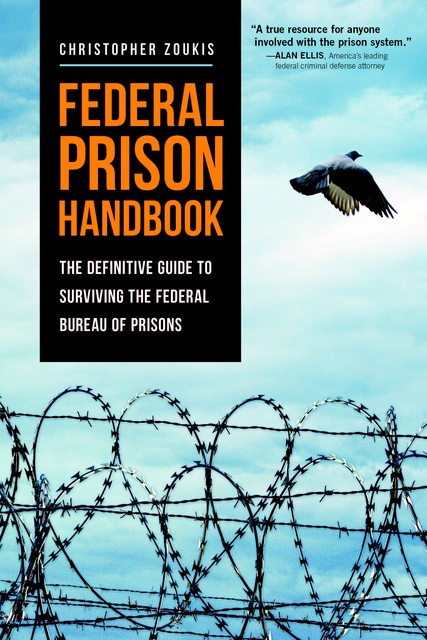by Douglas Ankney
The Supreme Court of Iowa announced that the words “good cause” in the newly amended appeals statute of Iowa Code § 814.6(1)(a)(3) means “a legally sufficient reason.”
Mercedes JoJean Damme pleaded guilty to two counts of theft in the third degree. The State agreed …
by Douglas Ankney
The Supreme Judicial Court of Maine vacated one of Ronald Paquin’s convictions for gross sexual misconduct on double jeopardy grounds and ordered the trial court to enter a judgment of acquittal on three additional counts.
Paquin served as the priest at the Roman Catholic …
by Douglas Ankney
Based on Rehaif v. United States, 139 S. Ct. 2191 (2019) (“Rehaif II”), the U.S. Court of Appeals for the Eleventh Circuit vacated Oniel Christopher Russell’s conviction of possessing a firearm and ammunition as an immigrant unlawfully in the U.S. in violation of 18 …
by Douglas Ankney
The Supreme Court of Washington determined that Alejandro Escalante was “in custody” and entitled to the warnings enunciated in Miranda v. Arizona, 384 U.S. 436 (1966), when he was detained for a search at the U.S.-Canada border.
Escalante and three friends were returning …
by Douglas Ankney
The “Show Me” state showed indifference to human life by carrying out the death sentence of Walter Barton on May 19, 2020, at the state prison in Bonne Terre, Missouri. Neither the courts nor the governor would intervene.
Executions require interactions among large numbers …
by Douglas Ankney
According to a recent study from the University of Alberta, trained dogs can detect gasoline in trace amounts as small as one-billionth of a teaspoon (or 5 pico-liters). “During an arson investigation, a dog may be used to identify debris that contains traces of ignitable …
by Douglas Ankney
During the coronavirus lockdown, the FBI is urging people to stay in shape by downloading its Fitness App. On March 23, 2020, the agency tweeted “download the FBI’s Physical Fitness Test app to learn proper form for exercises you can do at home like pushups …
by Douglas Ankney
Melissa Gass is a wife and a mother of five children who suffers from seizures as a result of a car crash when she was 10 years old. The seizures occur weekly, sometimes daily. She suddenly feels a throbbing pain in the back, left side …
by Douglas Ankney
While Sleepy Hollow had the Headless Horseman, the Massachusetts State Police (“MSP”) had the headless dog. Spot — a one-time member of MSP’s bomb squad — is a semi-autonomous robotic dog that MSP leased for three months from Boston Dynamics.
Fearing the potential abuse …
by Douglas Ankney
In a case of first impression, the U.S. Court of Appeals for the Seventh Circuit ruled that it is impermissible to admit a statement made by the defendant to Pretrial Services for the purpose of impeaching the testimony of a witness at trial.
In …





